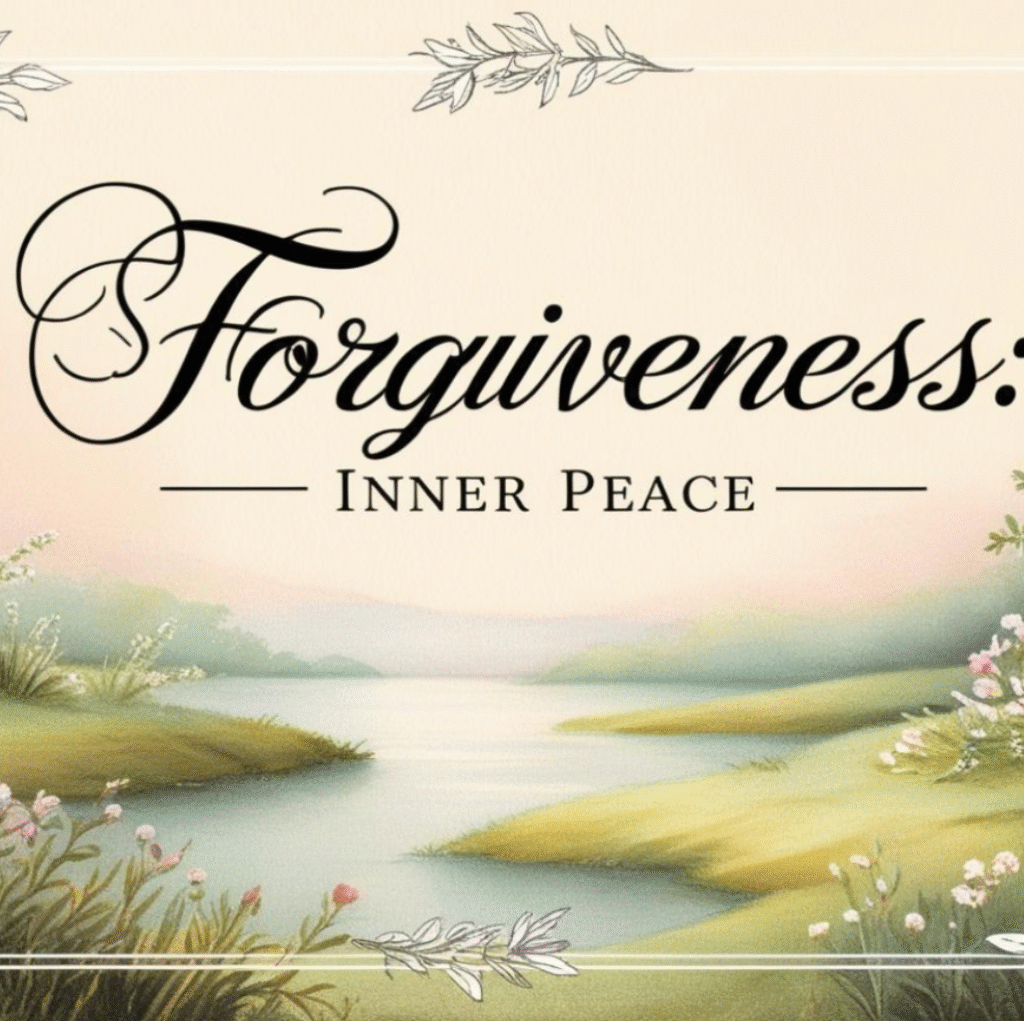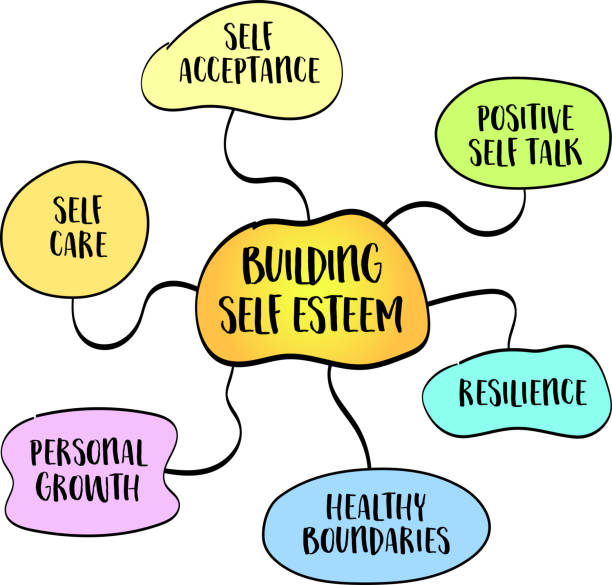Forgiveness as a Tool for Inner Peace
Forgiveness As a Tool for Inner Peace I used to think that forgiveness was something you gave to someone else—a way to excuse their wrong, a pardon they didn’t deserve. But that belief held me captive until I began to understand the true power of forgiveness for inner peace. I clung to a grudge that quietly gnawed at me for years. The betrayal was deep, and it came from someone I trusted. On the outside, I told myself I had moved on. But inside, I carried the weight like a secret I couldn’t release. I smiled, I laughed, and I even achieved success in other areas of my life. But one thought, one sudden memory, could pull me back into that place of hurt and anger. I convinced myself it was safer to hold on to the pain—that letting go would make me look weak. I assumed forgiveness meant saying, “It’s okay,” when it wasn’t. But here’s the truth that changed everything: Forgiveness is not approval. Forgiveness is freedom. And it’s the most powerful tool I’ve found for inner peace. The Turning Point It didn’t come in a big, dramatic moment. It came quietly—during a morning of journaling. I was pouring out scattered thoughts when a sentence came out of nowhere: “You don’t need them to say sorry to heal.” I froze. Tears followed. I had been waiting for an apology, for something to make the pain feel justified. But that moment helped me realise something life-changing: healing doesn’t always come from others. It starts with us! Why Forgiveness Heals You When we hold onto resentment, we give our power away. Forgiveness for inner peace doesn’t mean erasing the past—it means choosing to rewrite your present. It’s reclaiming the emotional energy that bitterness and anger have been draining. Forgiving someone doesn’t mean reopening wounds or inviting them back into your life. It means you’re ready to stop letting the pain write your story. You are choosing to live beyond the hurt. And when I finally made that decision—quietly, with no dramatic announcement—it felt like I could breathe again. After years of holding my breath, I finally exhaled. A Gentle Invitation If you are reading this and carrying your pain, I want you to know this: inner peace is possible! Letting go of hurt sets you free! Choosing forgiveness for inner peace isn’t just a gift you give to someone else. It’s a powerful, radical act of self-love. Say to yourself, “I deserve peace more than I deserve this pain.” You don’t have to wait for an apology, nor do you need anyone’s permission to heal. You can begin your journey back to yourself today. Final Thoughts Forgiveness is not always easy. It can be messy, emotional, and deeply personal. But it’s also one of the most powerful tools for emotional healing and the most direct path to lasting inner peace. We forgive not because the past didn’t hurt but because we are ready to stop letting it hold us hostage. You deserve peace. And it starts within.
Forgiveness as a Tool for Inner Peace Read More »










